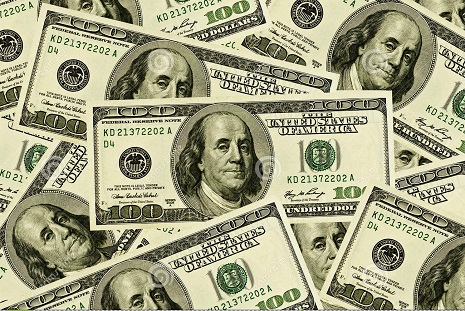Dollar quiet as markets wait for Yellen, Aussie plunges

Markets consider it certain that the Fed, the only major central bank to have raised rates since the financial crisis, will keep rates steady on Wednesday. The focus therefore rests on its statement, due at 1800 GMT, and any clues it offers as to when interest rates could be hiked again.
Traders said policymakers may be wary of sending too strong a message of an imminent policy tightening, particularly after another batch of disappointing data.
"There are two major events coming up: the Fed and the BOJ. As far as event risk goes, it doesn’t really get much bigger than that," said Mizuho`s head of hedge fund sales in London, Neil Jones. "I call this the calm before the storm."
Jones said that whatever the BOJ did on Thursday, it would be likely to have a particularly big impact on markets, as there was no consensus on what they were likely to do.
Many investors believe the central bank will announce some form of easing measures, including an increase in purchase of stocks and a cut in interest rates, though they think it could be a close call.
Against a basket of major currencies, the dollar edged down 0.1 percent to 94.397 .DXY, leaving it less than 1 percent above an eight-month low of 93.627 touched earlier in the month.
The euro edged up 0.1 percent to $1.1314 EUR=.
The Australian dollar fell by as much as 1.9 percent, hitting a nine-day low of $0.7600 and on track for its biggest one-day fall in three months. AUD=D4
Data showed that core inflation unexpectedly slowed to its lowest on record in the first quarter, reviving talk the Reserve Bank of Australia could cut the already record-low 2 percent cash rate at its May policy meeting next week.
"The inflation data clearly puts an interest rate cut back on the table quite firmly," said Rabobank currency strategist Jane Foley in London.
"This is a central bank that targets inflation. Inflation is undershooting noticeably and therefore the logical conclusion from that is that the central bank can cut interest rates."















































